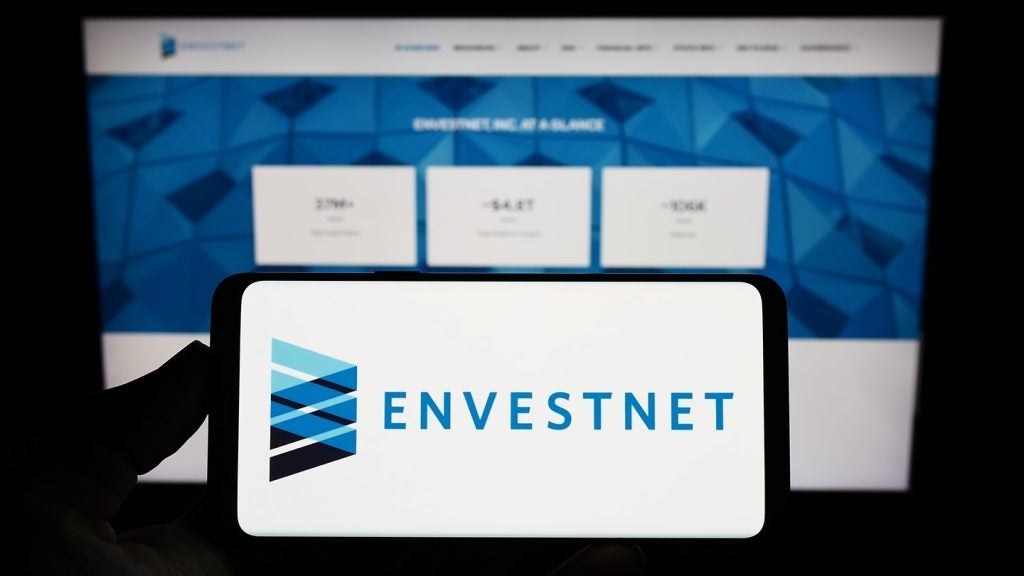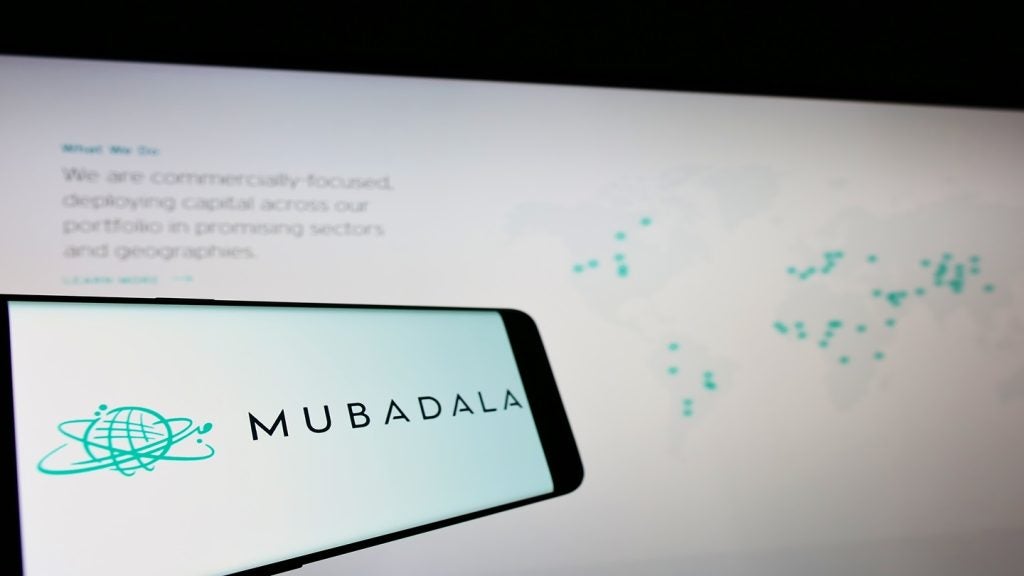Private banks in Greater China are failing to capture all of the potential market because of growing client dissatisfaction and lack of trust.
Kenny Lam, a Hong Kong based partner at management consultants McKinsey & Company, said banks are failing to win over clients across Mainland China, Hong Kong and Taiwan despite the growth in high net worth (HNW) wealth.
"The market is growing at 15-17% per year in terms of wealth, the competition is fierce and highly fragmented," says Lam.
"The top ten players are getting somewhere between 5-10% of market share. If you look at each bank the natural wallet share is around 15%."
For banks this means offering extraordinary products and services if they hope to be beating a ‘fair wallet share’ of 15%.
13 separate banks: an extreme case
According to global wealth consultancy WealthInsight, Greater China HNW worth wealth stands at around $5.62trn and is expected to grow substantially. McKinsey & Co forecasts that the onshore market alone will grow to $7.4trn by 2015. This growth will also see mainland China overtake Japan as the biggest onshore wealth market within the next two and half years.
How well do you really know your competitors?
Access the most comprehensive Company Profiles on the market, powered by GlobalData. Save hours of research. Gain competitive edge.

Thank you!
Your download email will arrive shortly
Not ready to buy yet? Download a free sample
We are confident about the unique quality of our Company Profiles. However, we want you to make the most beneficial decision for your business, so we offer a free sample that you can download by submitting the below form
By GlobalDataWithin the market, clients see individual banks as servicing different roles and loyalty to just one provider is limited. Lam refered to a recent meeting with a HNW individual who was taking advantage of multiple banks to service his banking needs and spread his risks.
"We asked this person, who is a medium sized business owner, ‘How many banks do you have’, he said 13," said Lam.
"I asked why he had 13. The way he sees private banks is the following, ‘First I need to diversify my risk. After the crisis there is no one bank that I could really trust, that would not potentially go down’."
"These are anecdotes and in some cases extreme, but they help to illustrate a few core points," said Lam.
Bankers lack experience and maturity
Discontent based around relationship managers and the lack of understanding they often have for clients needs, is a key area to be addressed by banks, Lam warned.
"You basically have 30% turnover from the frontline, with the relationship managers changing every year," says Lam.
"What that means is you have clients who have private bankers switched on them, almost every year."
In the wake of this high turn over and lack of knowledge or understanding of client objective, is a ‘product push’ culture, with private bankers selling products to clients without consideration for long term goals.
This complaint has been mirrored throughout China, Hong Kong and Taiwan, and highlights concerns many clients have regarding the maturity and age of bankers advising them. Lam told the anecdote of a recent meeting with a private bank CEO.
"He had a client coming to him saying, ‘When you have a private banker who has $10m in the bank and knows how to invest that $10m then you send that banker to me.
"I don’t want this kid who has not seen wealth at $10m, how can that guy advise me on where my assets should be or invest it?’," Lam underlined that again this was a extreme case but highlighted key concerns.
Banks are also not doing enough to inform and educate potential clients on products and services they offer, and this sees them losing out to retail and affluent banks- banks servicing clients with $100k to $1m in assets.
"They don’t know what the real reason or benefit of having a private bank is," says Lam.
"Private banks need to educate their clients on why is it that you want to put assets separately into a private bank."







